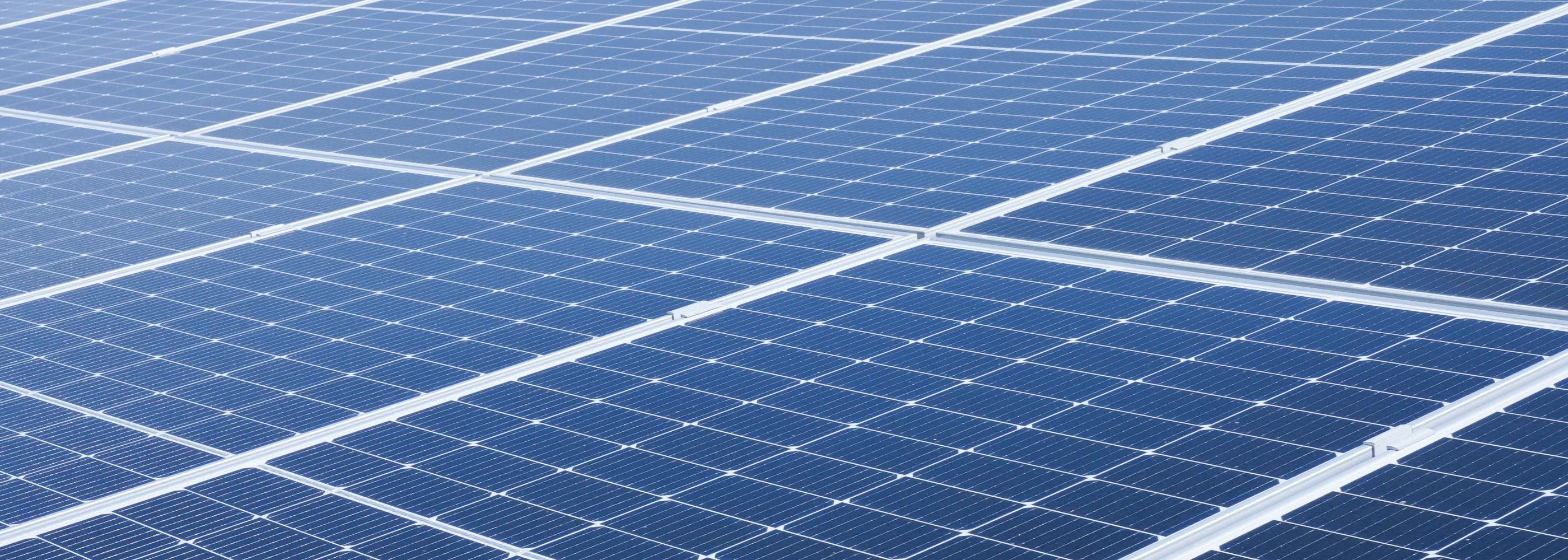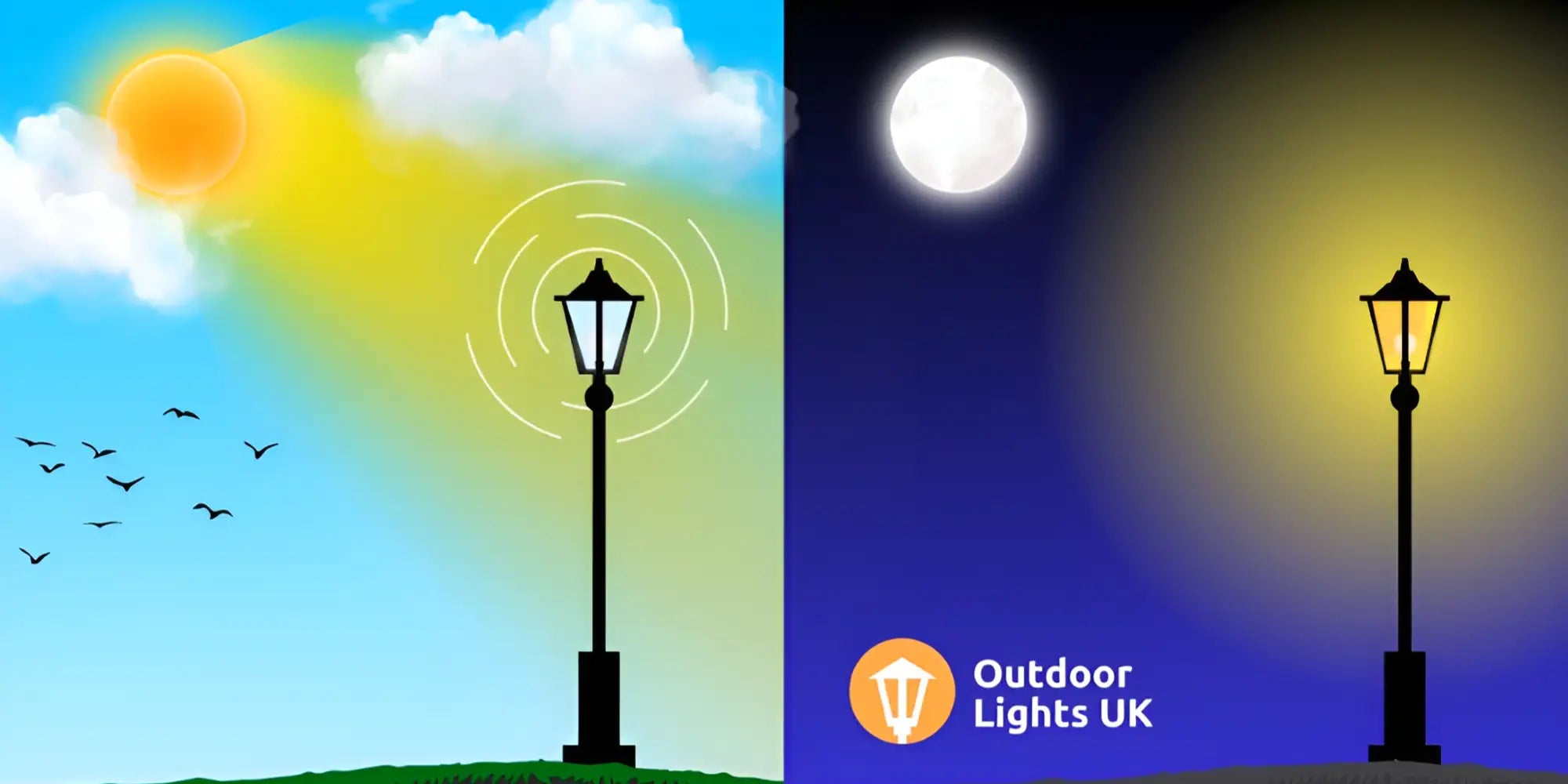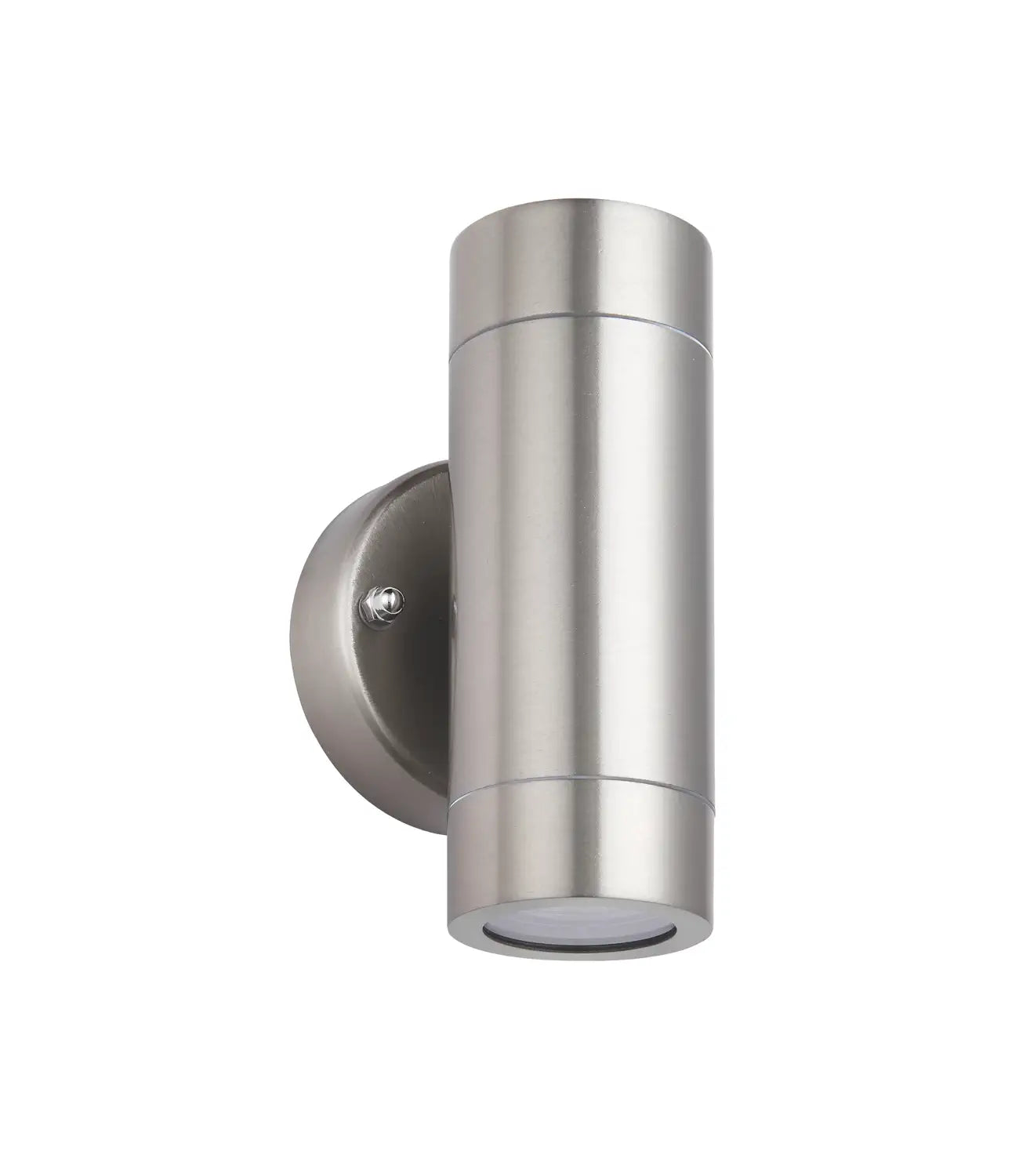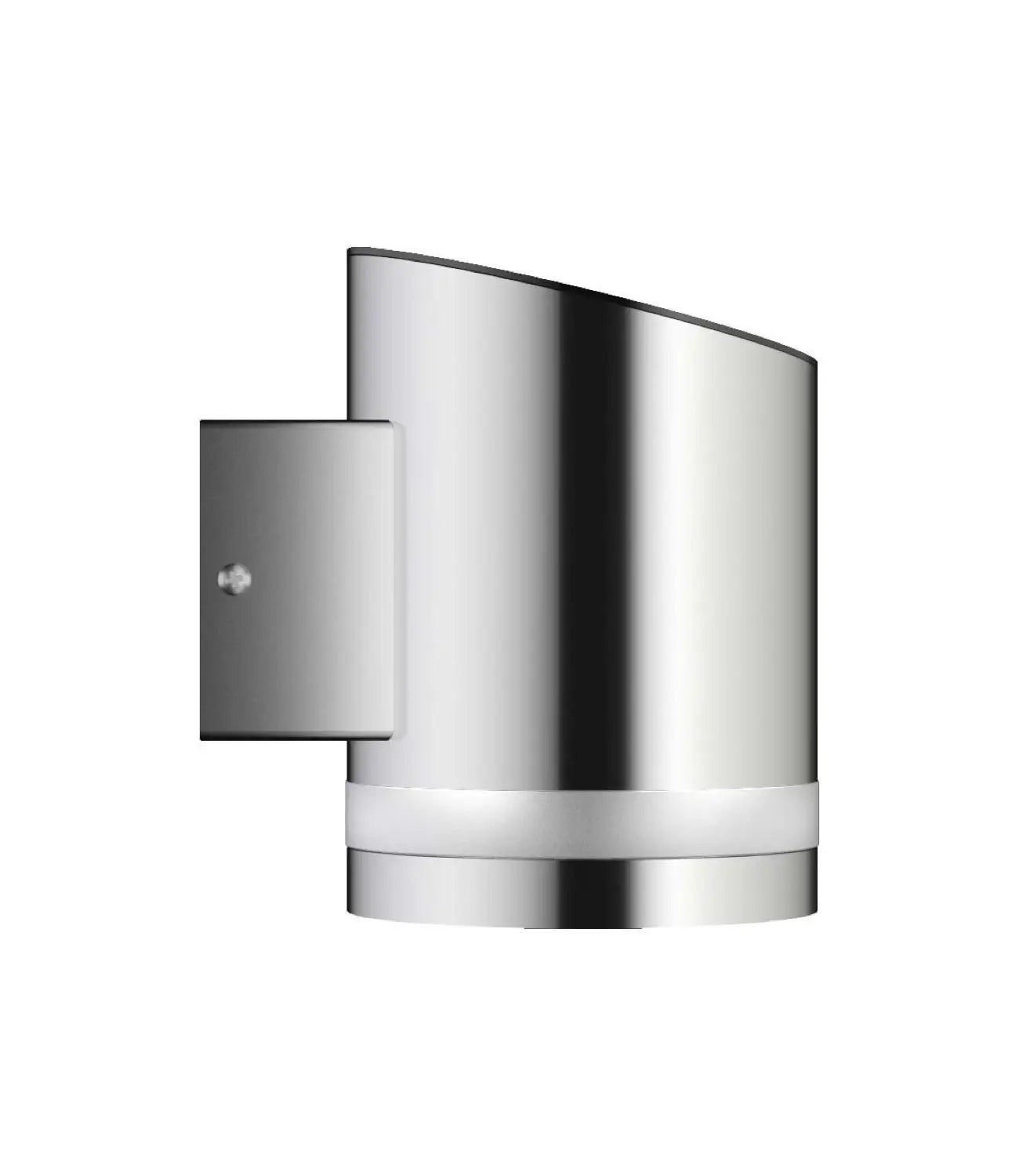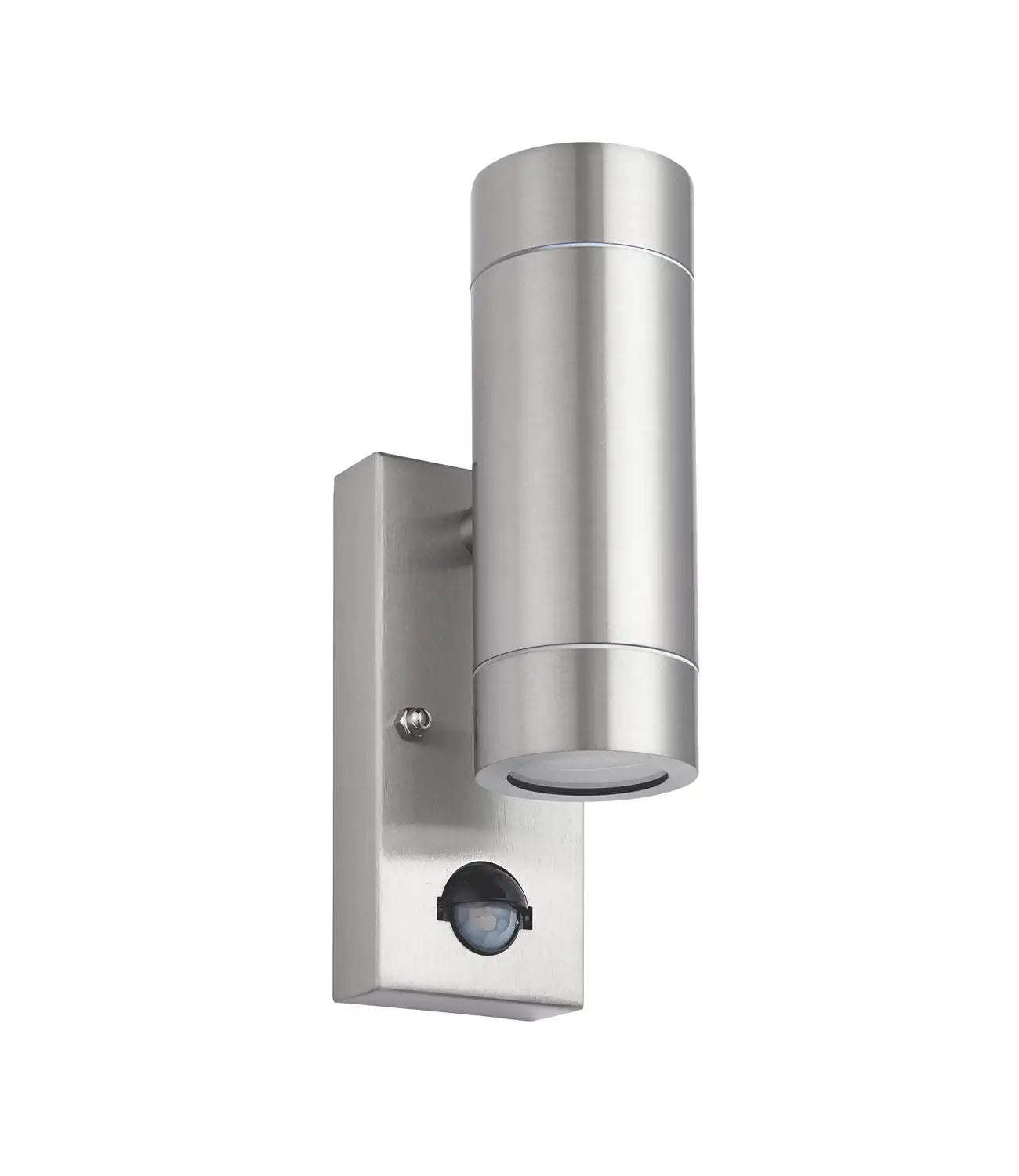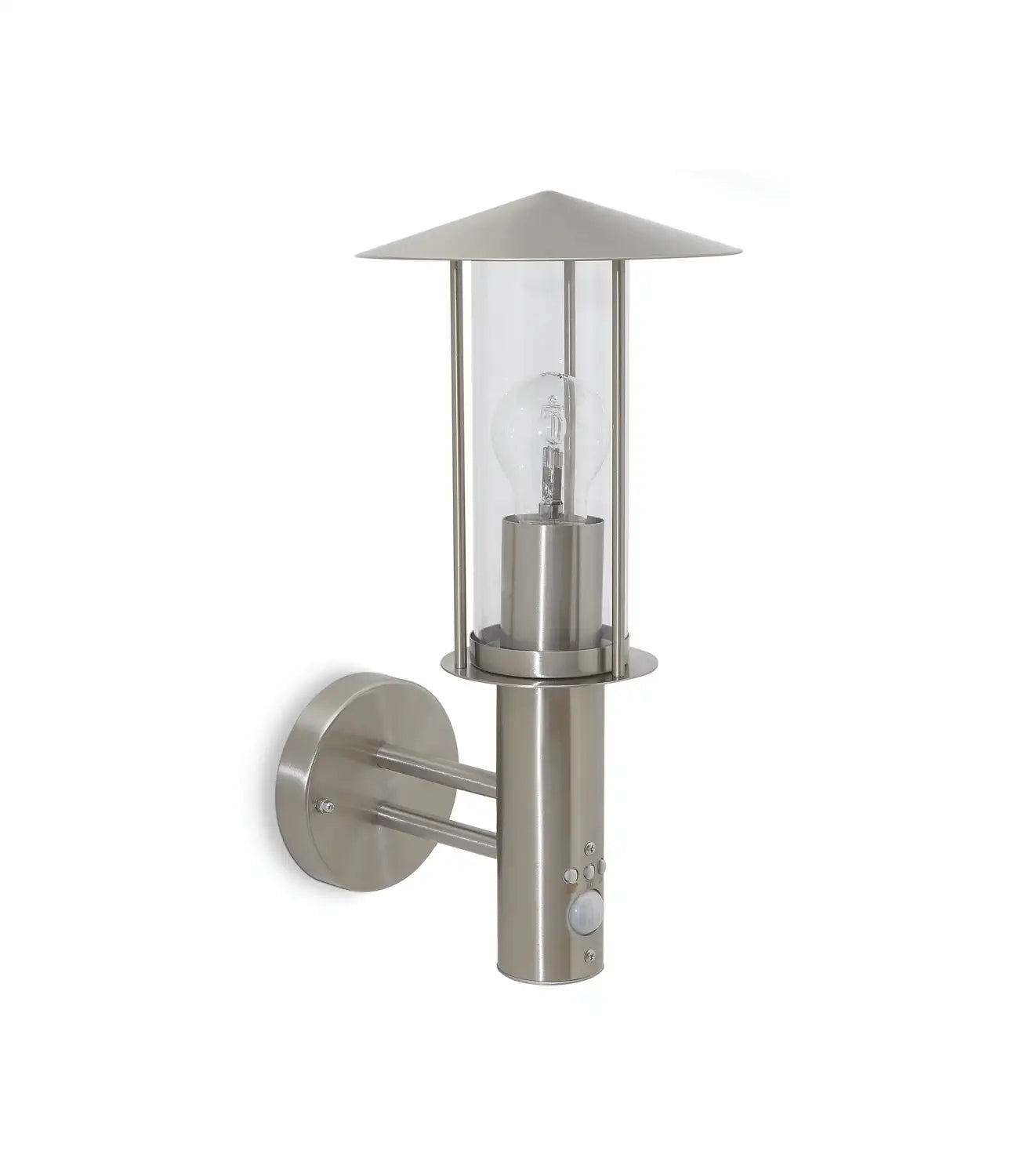- Introduction: The Growing Demand for Solar Lighting
- The Basics of Solar Technology
- How Do Solar Lights Work at Night?
- Benefits of Outdoor Solar Lights
- Types of Solar Lights for UK Gardens and Homes
- Why Choose Outdoor Lights UK?
- Frequently Asked Questions
- Conclusion: Illuminate Your Outdoors, Sustainably
01
Introduction: The Growing Demand for Solar Lighting
Solar lights are no longer just a niche product; they’ve become a mainstream choice for outdoor illumination. In the UK, solar energy adoption has been on the rise, with installed solar capacity reaching 17.2 gigawatts as of October 2024 - a 6.3% increase from the previous year and a clear indicator of the nation’s commitment to renewable energy.
With homeowners and developers seeking cost-effective, eco-friendly lighting solutions, solar-powered outdoor lights are leading the charge. They’re not just functional - they’re stylish, sustainable, and surprisingly versatile.
But how do they work? Let’s explore the science behind solar lights, their benefits, and the diverse types that can enhance your outdoor spaces.
02
The Basics of Solar Technology
Solar lights are clever, compact systems that harness photovoltaic (PV) science - a process where sunlight is converted directly into electricity.
- Solar Panels (Photovoltaic Cells): These are made from semiconductor materials like silicon. When sunlight hits the PV cells, it excites electrons, creating direct current (DC) electricity. This is known as the photovoltaic effect - a clean, silent, and renewable way to generate power.
- Charge Controller (in some lights): Higher-quality solar lights include a tiny controller that regulates energy flow, preventing overcharging or battery damage, especially in summer.
- Rechargeable Battery: The DC electricity is stored in a battery - typically NiMH (Nickel-Metal Hydride) or Li-ion (Lithium-Ion). These store enough power to run the light for several hours after sunset.
- LED Bulb: LEDs are ideal for solar lights because they require minimal energy and offer a long lifespan (often 10,000+ hours). They convert electricity into light with high efficiency.
- Light Sensor: A photosensor detects ambient light levels and automatically turns the light on at dusk and off at dawn, ensuring your outdoor space is lit only when needed.
04
Benefits of Solar Lights
Solar lighting is more than a convenient solution - it’s a smart investment for your home and the planet.
Eco-Friendly Illumination
Solar lights reduce your carbon footprint by utilising renewable energy. In the UK, solar energy adoption is rising steadily, reflecting the nation’s dedication to sustainability.
Cost Savings
- Solar lights eliminate electricity costs, saving homeowners money in the long run.
- With no need for extensive wiring, installation costs are significantly lower.
Low Maintenance
Designed for durability, most outdoor solar lights are weather-resistant and require minimal upkeep. With LED technology, you can enjoy years of reliable performance.
Versatile Designs
From sleek wall-mounted lights to decorative string lights, solar options are available for every outdoor aesthetic.
Safety and Security
Solar-powered motion sensor lights can illuminate driveways, paths, and entrances, enhancing security and safety for your home.
05
Types of Solar Lights for Outdoor Spaces
Outdoor solar lights come in a variety of styles to suit every need. Here are the most popular types:
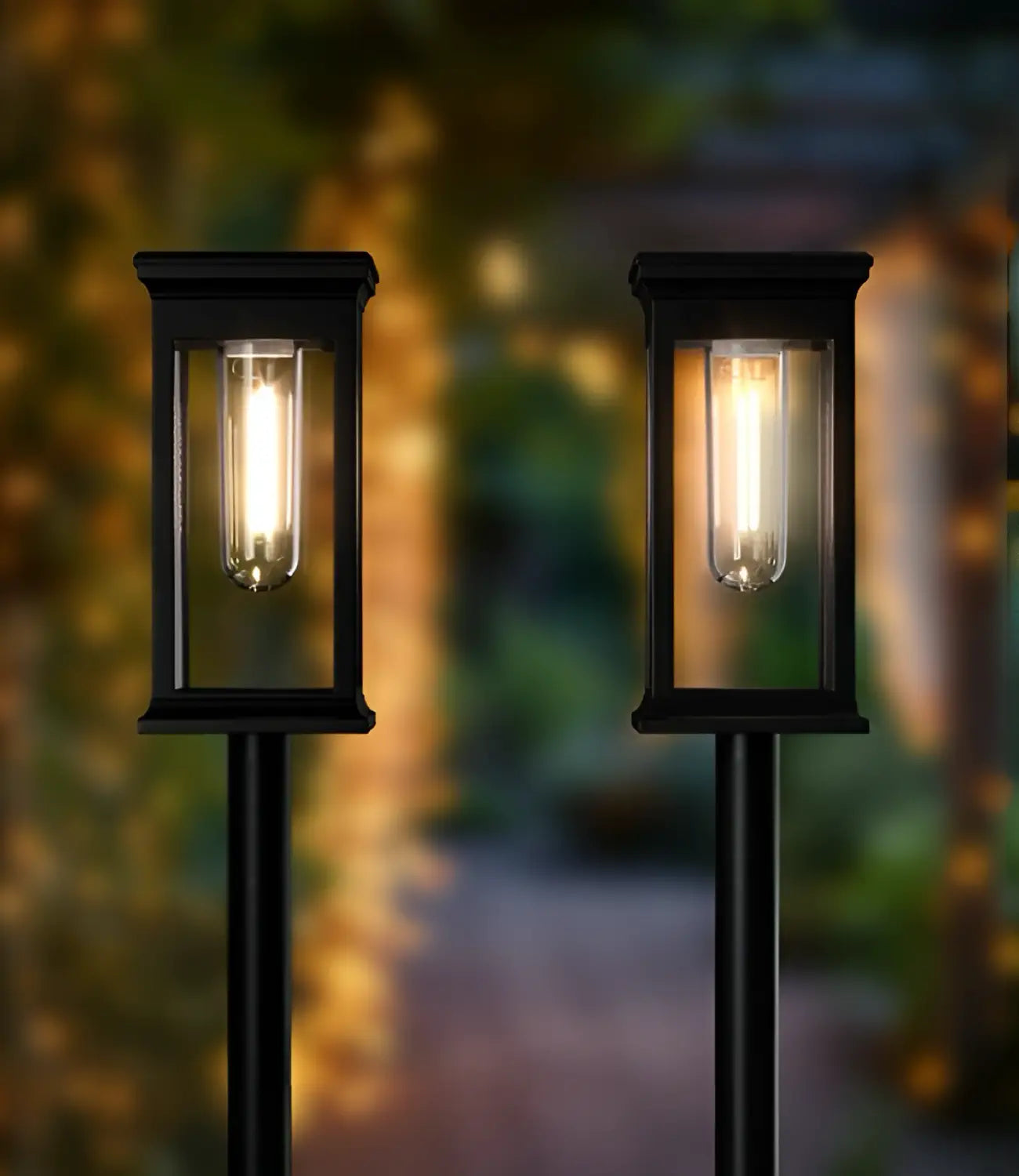
Pathway Lights
Perfect for lining garden paths or driveways, pathway lights offer subtle yet effective illumination.
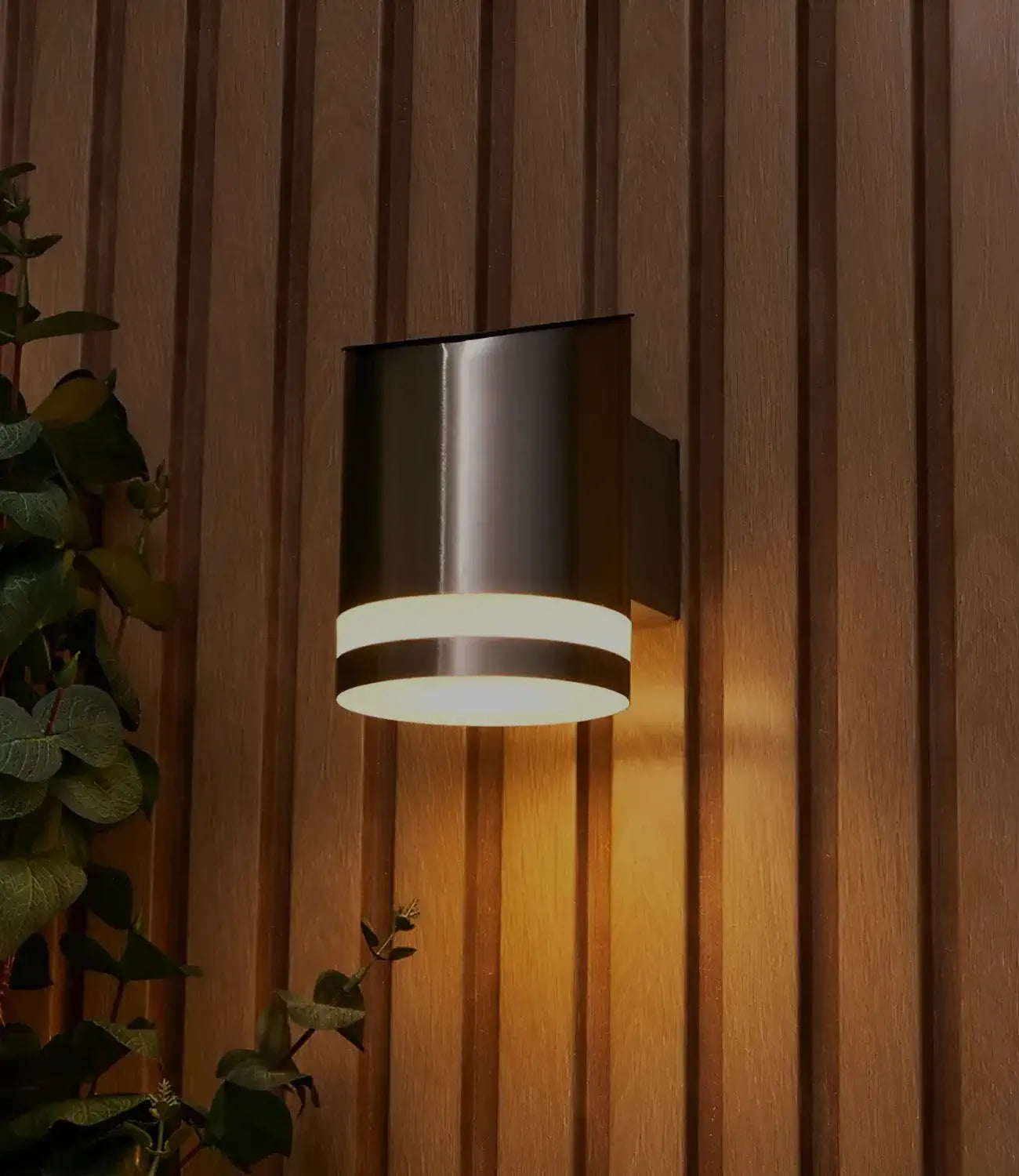
Solar Garden Lights
Enhance your garden’s beauty with lights designed to accentuate flower beds, shrubs, and ornamental features.

Solar Fence Lights
Mounted on fences, these lights provide a blend of functionality and charm, making outdoor areas safer and more inviting.

Deck & Step Lights
Built for safety, these lights illuminate stairs, decks, or patios, reducing the risk of trips and falls.

String Lights
Popular for parties or everyday ambiance, solar string lights add a touch of whimsy to outdoor gatherings.
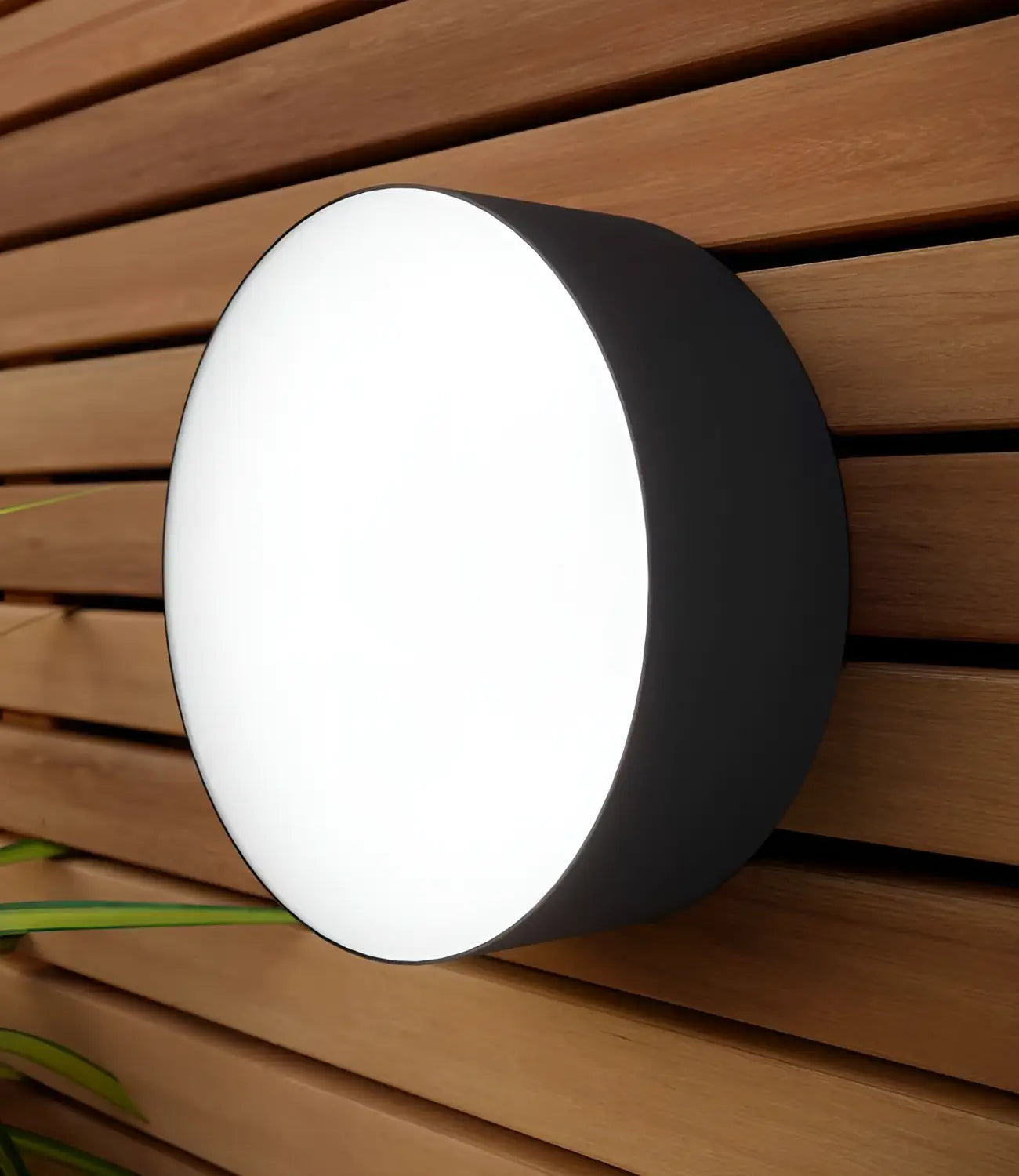
Spotlights and Floodlights
Ideal for highlighting landscaping features or illuminating larger areas like patios or backyards.
06
Why Choose Outdoor Solar Lights?
Outdoor solar lights are designed to enhance your home’s exterior while keeping your carbon footprint low. Whether you’re lighting up a garden path or ensuring safety on your steps, solar lighting offers unparalleled flexibility and convenience.
07
Frequently Asked Questions About Solar Lights
Got questions about our solar lights? Here you’ll find quick answers to the most common queries, from installation tips to charging and performance. If you need more help, we’re always just an email away.
Solar lights absorb sunlight through photovoltaic panels during the day. This energy is stored in a rechargeable battery, which powers the LED bulb after sunset. A built-in sensor automatically turns the light on at dusk and off at dawn.
Yes, solar lights still work during the UK winter and on overcast days. While energy production may decrease due to less daylight, most solar lights can still charge enough to operate for several hours each night. Choosing lights with efficient panels and good battery capacity helps maintain performance.
Most solar garden lights stay on for 6 to 10 hours, depending on how much sunlight they received during the day and the battery size. On a full charge, quality lights can illuminate dusk to dawn, even in autumn or early spring.
A well-made solar light typically lasts 2 to 5 years, with the LED bulb itself often rated for 10,000+ hours. Replacing the rechargeable battery after a few years can significantly extend the light’s life.
Absolutely. Most solar lights designed for UK use have IP44 to IP65 ratings, meaning they are weatherproof and suitable for rain, snow, and frost. Check the IP ratings before purchase and look for IP65-rated lights for extra durability. Read our ultimate guide to IP Ratings for more information.
Yes. Solar lights are cost-effective, eco-friendly, and require no wiring. They’re especially valuable in the UK for gardens, fences, driveways, and patios - even with our famously cloudy skies.
Place solar lights in open areas that receive at least 4–6 hours of direct or indirect sunlight daily to charge properly. Avoid placing them in shaded areas under trees or where buildings block the sun.
Yes, most solar lights use standard rechargeable batteries (like NiMH or Li-ion) that you can easily replace. Swapping old batteries is a simple way to restore brightness and extend the lifespan of your lights.
No. One of the biggest advantages of solar lights is easy DIY installation. There’s no need for wiring - simply place or mount the light where needed, following the product’s guide for best charging. Check out our installation guides for more info.
Most solar lights take between 4 to 8 hours of direct sunlight to fully charge. On bright summer days, a full charge may take less time, while overcast or winter days may require more daylight hours for optimal performance. Positioning your light in an open, sun-facing area ensures faster and more consistent charging.
08
Conclusion
Solar lights have redefined outdoor lighting by combining style, sustainability, and functionality. They’re perfect for UK homeowners looking for eco-friendly solutions that don’t compromise on performance or design.
Ready to transform your outdoor space? Explore our range of solar garden lights and solar fence lights today, and don’t forget to check out our comprehensive Solar Garden Lights Installation Guide.


